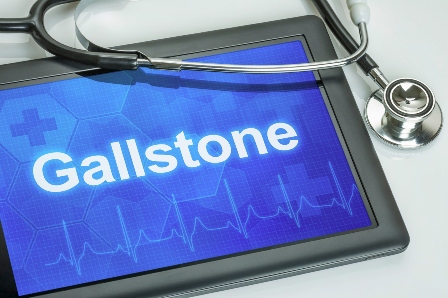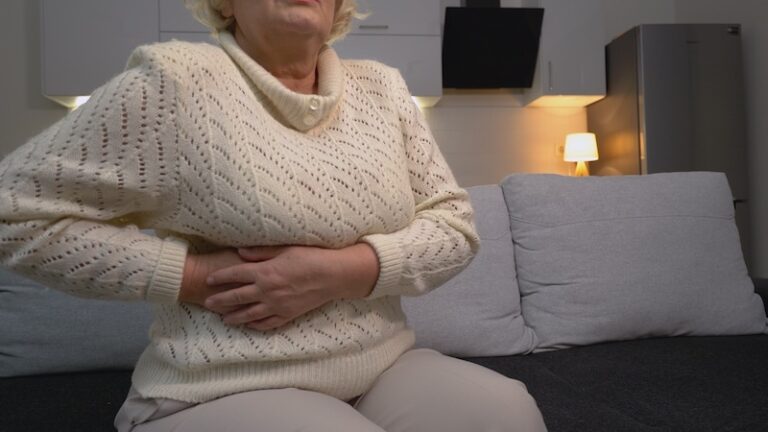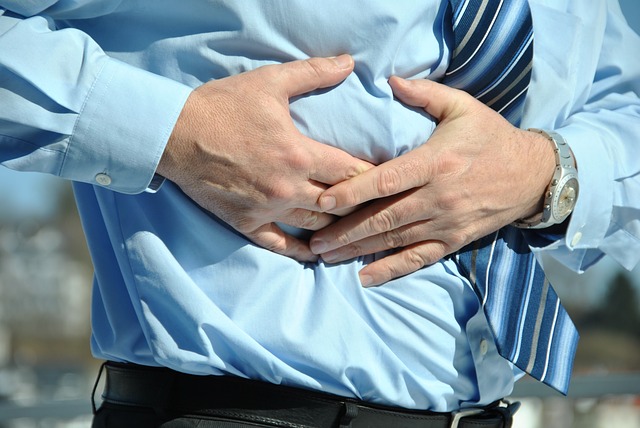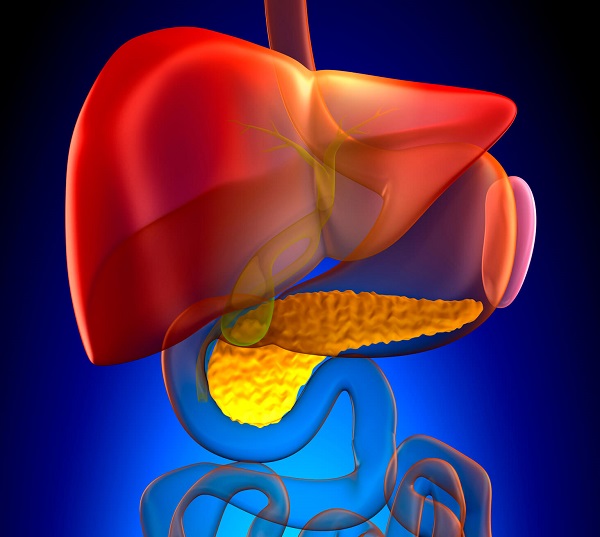What Causes Gallstones?
The gallbladder is a small, pear-shaped pouch in the abdomen. Its job is to store bile (a digestive liquid composed of water, lecithin, cholesterol, bile salts, and bilirubin) produced by the liver. The gallbladder aids in the digestion of fats by releasing bile into the common hepatic duct. The gallbladder is also connected to the pancreas via the pancreatic duct.
When an imbalance develops in the ratio of one or more of the components of bile, normal flow is restricted and stones may form in the gallbladder or ducts. These stones may cause inflammation (cholesytitis) in the gallbladder. Gallstones may cause no symptoms, or they may be accompanied by severe pain in the upper abdomen and back, nausea and fever.
Gallstones that cause no discomfort do not require treatment but when the stones cause pain, it is most often treated with the removal of the gallbladder. The human body can function normally without a gallbladder.
Women are about twice as likely to have gallstones than men. Ethnic groups that tend to have high cholesterol also are more likely to have gallstones.
Common risk factors of those who are prone to gallstones include:
- Rapid Weight Loss
- Lengthy Fasting or Crash Dieting
- Obesity
- Sedentary Lifestyle
- High Estrogen Levels
When the gallbladder becomes inflamed, but no stones are formed, the condition is known as acalculous cholecystitis. When stones block the ducts that drain the pancreas, a serious condition called gallstone pancreatitis is diagnosed. Rarely, the formation of gallstones may lead to cancer in the gallbladder and/or bile ducts.
If you think you may be having gallbladder pain, or if you have been diagnosed with cholecystitis or gallstones and need gallbladder surgery, please call 214-242-9737 to arrange a consultation with Dr. Preeti Malladi.







